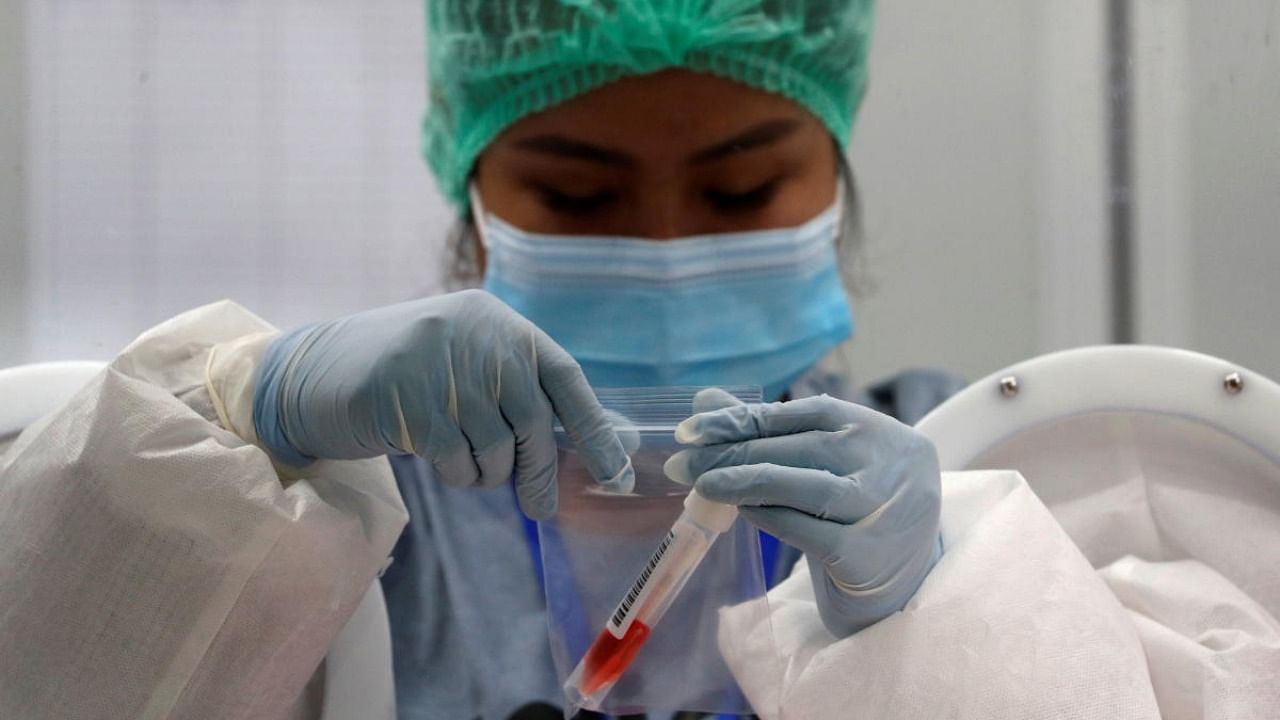
Last week's reported discovery of the Omicron variant of the Covid-19 virus and, relatedly, the alertness of South African scientists and their genomic surveillance points to the immediate need for harmonising international Covid-19 scientific evidence. For indeed, if harmonisation doesn't happen proactively and systematically, the incentives are often not aligned for nations to share evidence cross-nationally. Many are now discussing that potentially South Africans could have delayed the sharing of Omicron discovery, too, to spare the harm to the country's domestic tourism sector.
This is also an issue beyond the variant tracking. Western Europe's recent spike in cases with Covid-19 shows how while we understand antecedents to vaccine hesitancy in some contexts like the US, those factors remain less understood in other country settings. With close to 20 months now gone with the pandemic, there are several components of Covid-19 in its antecedents, prevention, and consequences now tested in country-specific studies but have shared global implications.
Do masks work? Let's look at that Bangladesh study. Are boosters necessary? Let's dip into the Israeli study. Did opening schools cause super spreading events? Let's turn to evidence from Sweden or Iceland. What about acquired and natural immunity? India has done some seroprevalence studies. Let's examine them. What is the relative efficacy of tests from lateral flow to RT-PCR? The UK will have evidence on it or maybe the Santa Clara study. Did the nursing home quality of care suffer? Let's turn to that US study. Do vaccines work in children? Let's turn to that Pfizer study. Why exactly are people in Western Europe so vaccine-hesitant? The Germans will know; let's look them up to understand.
Essentially that is the state of scientific play in Covid-19 evidence as we end 2021. Of course, working in a pandemic environment across multiple waves in rich and poor economies alike, rapid science is necessitated with statistically valid sample sizes, and they need not be cross-country. This is to generate robust evidence and quickly deploy mitigation mechanisms. But they also leave on the table the key question of external validity that social scientists so worry about. What may be internally valid in a sample in a certain country context for a certain study may not be completely generalisable and externally valid.
In addition, if we indeed believe in a 'One World' approach to dealing with pandemics in the Anthropocene, the amount of scientific evidence generated through the last seven quarters needs to be shared across regions and disciplines to make sure the world is keeping a record on what we have learnt (and indeed not yet learnt) about masks, testing, tracing, seroprevalence, vaccine hesitancy, opening schools, pediatric vaccination, super spreader events, variants tracking, genomic surveillance and even pharmaceutical interventions.
The same probably will also apply to non-Covid consequences of the pandemic, be that in health (like the rise in dengue in South Asia and why) and non-health issues (like shortage of labour, intimate partner violence on women, mental wellness, or human rights). Many of these challenges are universal but are laced with underlying heterogeneity in history, culture and socio-economic structure of nations, potentially causing variation in evidence. It is a pity that we don't yet have enough systematic cross-national understanding of these heterogeneities and variations.
In addition, a key question also relates to who will do this job of harmonisation then? The OECD economies can take a thought leadership role in organising a grand challenges convention. Another option may be the WHO or, more broadly, the United Nations, perhaps even global philanthropic think tanks, like the Wellcome Trust, Rockefeller Foundation or Bill & Melinda Gates Foundation. But they cannot by themselves do the heavy lifting. This could also come through a trans-Atlantic collaborative effort, let's say, between NIH, CDC, NHS, EMA in the US and UK joined by similar regulatory authorities in Asia, Africa, Oceania, and Latin America.
A central role must be of scientists and university academics, especially through interdisciplinary research cross-cutting across disciplines like epidemiology, psychology, statistics, global public health, life sciences and data science. Peer-reviewed journal special issues will certainly help, but it will be crucial to keep the journal special issues available for updates (given that the pandemic has yet not ended and will probably have an endemic denouement) as the evidence accumulates around the world for the same question being investigated.
Harmonising cross-national Covid-19 scientific evidence and our responses is probably the only way to pay tributes to the millions of dead worldwide with this pandemic and their grieving near and dear ones. Such an agenda should be a priority, especially as we roll into the third year of the pandemic. One cannot move forward in this and future pandemic, expecting the benevolent, like the South Africans with Omicron, to consistently raise their hands and report outbreaks. Hopefully, relevant policymakers, scientists, stakeholders, and influencers are listening and pondering mechanisms and platforms.
(Chatterjee is a health economist, a Reader in Economics of Innovation at SPRU-Sussex, University of Sussex, Visiting Fellow at Hoover Institution, Stanford University & Visiting Adjunct Professor in Economics at IIM-Ahmedabad, India)
(Disclaimer: The views expressed above are the author's own. They do not necessarily reflect the views of DH)
Check out DH's latest videos